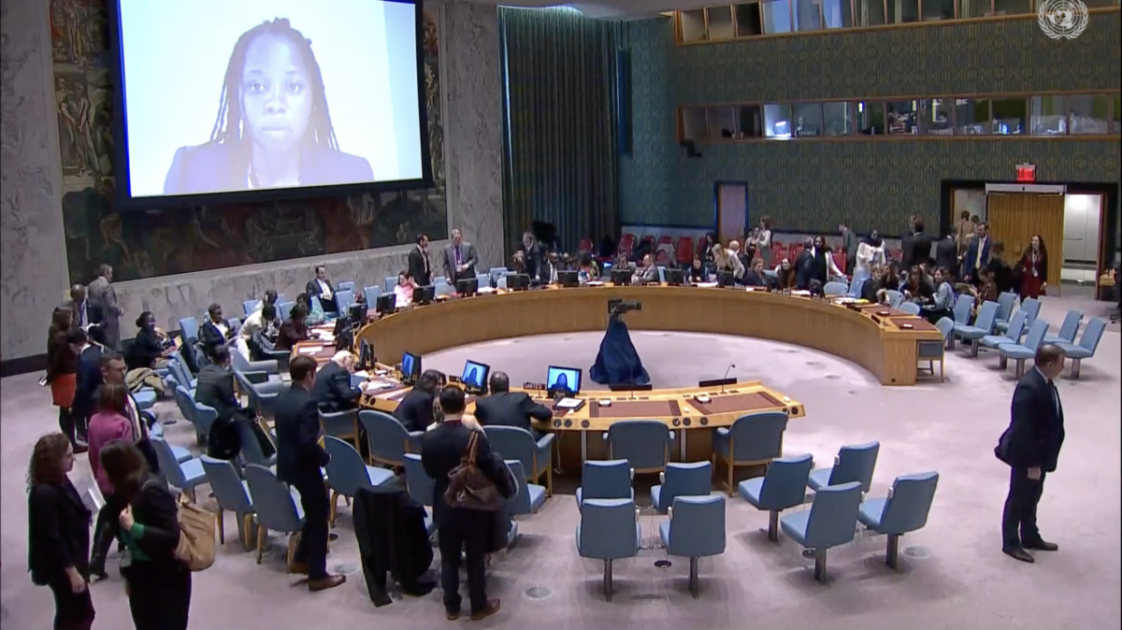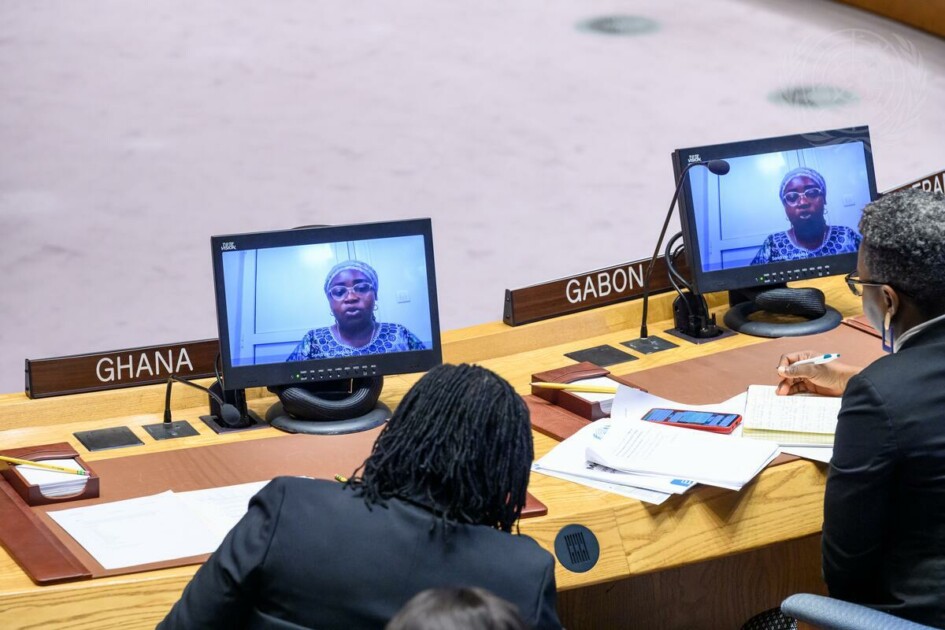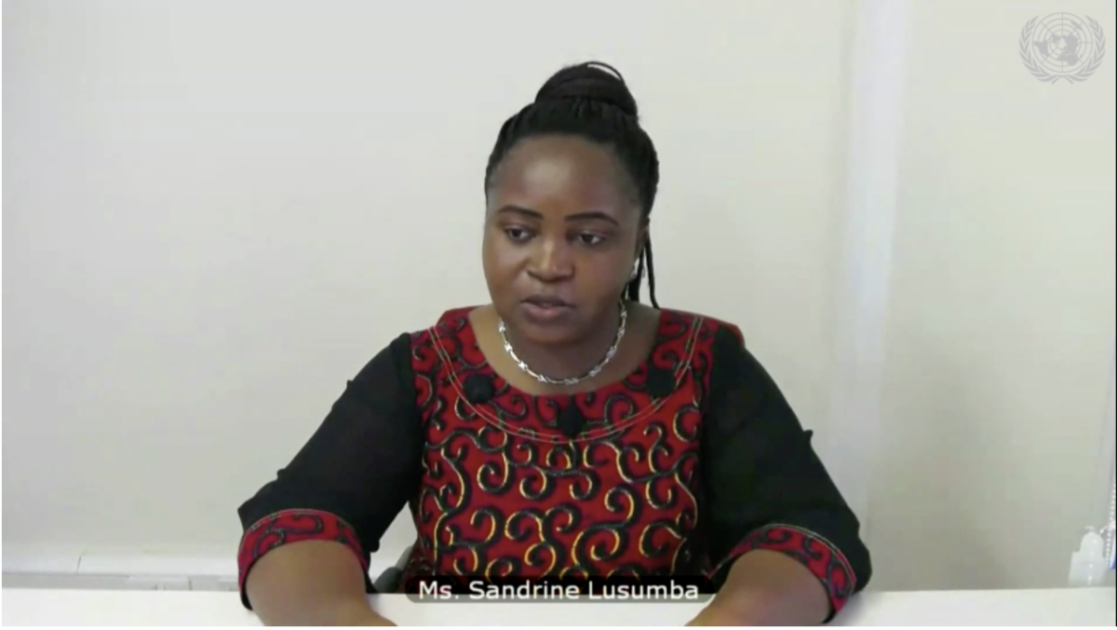Democratic Republic of the Congo
Women in the Democratic Republic of Congo continue to face widespread sexual violence, disease, and displacement in conflict situations arising from clashes between dozens of armed groups. Often, sexual violence and rape are used as terror tactics and weapons of war, and despite the ratification of the Convention on the Elimination of All Forms of Discrimination against Women (CEDAW) and the Women’s Platform for the Peace, Security and Cooperation Framework, women are still largely underrepresented in peacebuilding efforts. Additionally, women activists face rape as a form of torture by government actors who disagree with their political activity. The United Nations Organization Stabilization Mission in the DRC (MONUSCO) aims to provide protection for civilians, including reducing the threat of armed groups perpetrating sexual and gender-based violence, monitoring and reporting on sexual violence and ensuring women’s participation in stabilization and national political dialogue.
Democratic Republic of the Congo
Women in the Democratic Republic of the Congo continue to face widespread sexual violence, disease, and displacement in conflict situations arising from clashes between dozens of armed groups. Often, sexual violence and rape are used as terror tactics and weapons of war, and despite the ratification of the Convention on the Elimination of All Forms of Discrimination against Women (CEDAW), and the Women’s Platform for the Peace, Security and Cooperation Framework, women are still largely underrepresented in peacebuilding efforts.
Additionally, women activists face rape as a form of torture by government actors who disagree with their political activity. The United Nations Organization Stabilization Mission in the DRC (MONUSCO) aims to provide protection for civilians, including reducing the threat of armed groups perpetrating sexual and gender-based violence, monitoring and reporting on sexual violence and ensuring women’s participation in stabilization and national political dialogue.
Current and Past Recommendations to the UN Security Council (Monthly Action Points)
Government formation in the DRC is delayed and clashes between rival armed groups in North Kivu have triggered an escalation of violence against civilians in the region, including killings, rapes and robberies, and the displacement of 60,000 people in April 2019 alone. Ongoing insecurity has impeded efforts to end the Ebola outbreak as healthcare facilities and treatment centers have been attacked. Security Council members are amongst the main humanitarian donors and should make sure of effective inclusion of gender mainstreaming in humanitarian responses to address specific needs and protection issues women and girls are facing. It is also urgent to strongly increase funding for stand-alone holistic care projects for victims of SGBV. As of 12 May, 56% of confirmed or probable cases are female (WHO); women and girls face a higher risk of contracting Ebola due to pre-existing gender norms and expectations which place them in the role of caregiver. The Council should call for leaders to consult with and ensure ongoing participation of women from affected communities and ensure that their voices and concerns are listened to and acted upon. This will only be possible through effective community engagement across all sectors of the response. Protection of civilians continues to be the first priority of the mission, as such the Security Council should inquire as to how protection measures are gender-sensitive and consider the specific protection needs of women and girls. Sexual and gender-based violence (SGBV) continues to be widespread and has increased by 60% in North Kivu over the last year, and sexual violence perpetrated by state actors reportedly increased by 34% in 2018 compared to 2017. The Council should urge The United Nations Organization Stabilization Mission in the Democratic Republic of the Congo (MONUSCO) to work in consultation with women’s civil society to raise awareness about legal provisions on SGBV, call for survivors’ access to justice and services, and monitor and document cases of SGBV to prevent impunity among both State and non-State perpetrators. It is vital that the new Government prioritizes the women, peace and security (WPS) agenda by allocating sufficient financial resources and ensuring the inclusion of diverse women’s civil society groups in the implementation of the second NAP on Resolution 1325 (2000). The Council should further urge MONUSCO to ensure the full inclusion of women’s civil society in implementing and monitoring the Peace, Security and Cooperation Framework. Given the long history of widespread efforts to undermine freedom of expression and peaceful assembly, the new President should prioritize the protection of those rights as a core commitment.
Relevant Resources









